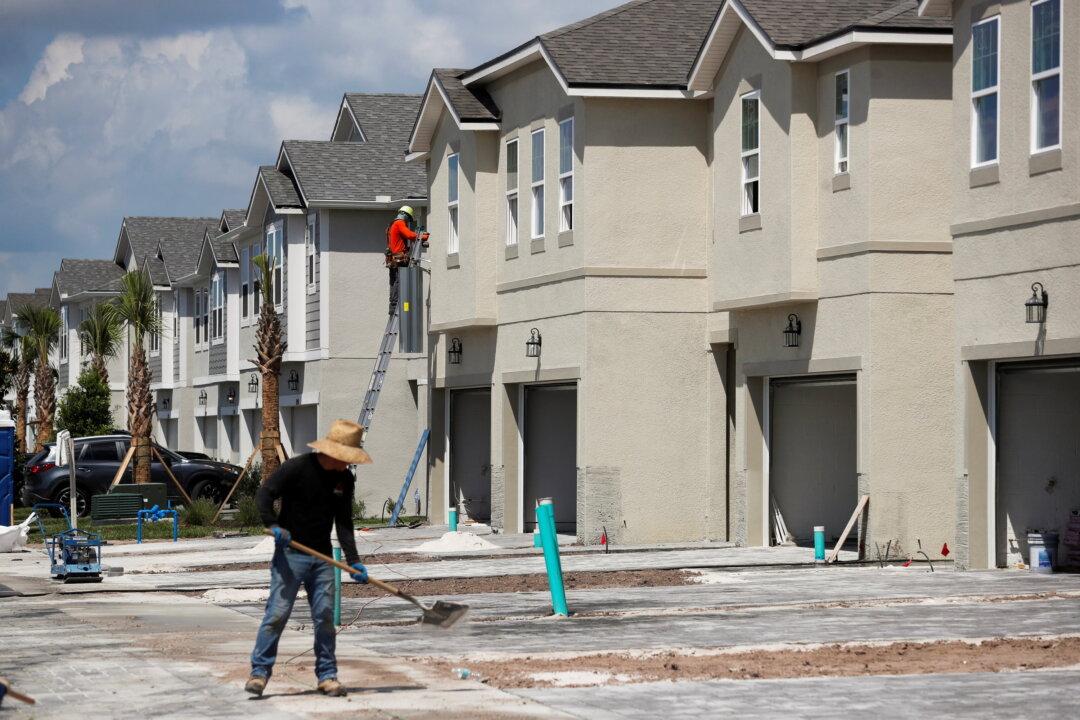As the U.S. real estate market slowly cools and sales volumes decrease significantly, whether housing prices will plummet has become a major concern for many. But one economist has predicted there will not be an abrupt collapse as experienced after the previous U.S housing bubble.
Due to the FED’s interest rate hike and rising mortgage rates, people are less eager to purchase homes. Data indicate that U.S. home sales fell to a two-year low in May.




